Japanese Longer-Tenor Bonds Slide on Mounting Fiscal Worries
The Japanese government's first economic package, expected to be unveiled as soon as this week, has sparked renewed fiscal concerns, causing a sharp decline in the nation's longer-maturity sovereign bonds. The yield on Japan's 20-year bond jumped to its highest level since 1999, reaching 1.65%, while the 30- and 40-year rates climbed about 5 basis points, reaching 1.75% and 1.85% respectively.
The drop in Japan's bonds echoed the volatility seen in US and UK markets, where jitters remain after a slump late last week. The yield on the US 10-year Treasury note rose to 4.35%, while the UK's 10-year gilt yield climbed to 4.25%. The sharp increase in yields reflects investors' growing concerns about the government's ability to manage its debt and stimulate economic growth.
The Japanese government's economic package is expected to include measures to boost economic growth, such as increased infrastructure spending and tax cuts. However, the package is also likely to include measures to reduce the government's debt burden, which has risen to over 260% of GDP. The government's ability to balance its fiscal policy with its need to stimulate economic growth will be closely watched by investors.
The decline in Japan's longer-maturity bonds has significant implications for the country's economy. Higher yields on longer-term bonds make it more expensive for the government to finance its debt, which could lead to higher borrowing costs and reduced economic growth. The decline in bond prices also reflects investors' growing concerns about the government's ability to manage its debt and stimulate economic growth.
The Japanese government's economic package is expected to be unveiled as soon as this week, and investors will be closely watching the details of the package. The government's ability to balance its fiscal policy with its need to stimulate economic growth will be closely watched by investors, and the outcome will have significant implications for the country's economy.
In the short term, the decline in Japan's longer-maturity bonds is likely to continue, reflecting investors' growing concerns about the government's ability to manage its debt and stimulate economic growth. However, in the long term, the government's ability to implement effective fiscal policies will be crucial in stabilizing the bond market and promoting economic growth.
The Japanese government's economic package is expected to include measures to boost economic growth, such as increased infrastructure spending and tax cuts. However, the package is also likely to include measures to reduce the government's debt burden, which has risen to over 260% of GDP. The government's ability to balance its fiscal policy with its need to stimulate economic growth will be closely watched by investors.
The decline in Japan's longer-maturity bonds has significant implications for the country's economy. Higher yields on longer-term bonds make it more expensive for the government to finance its debt, which could lead to higher borrowing costs and reduced economic growth. The decline in bond prices also reflects investors' growing concerns about the government's ability to manage its debt and stimulate economic growth.
The Japanese government's economic package is expected to be unveiled as soon as this week, and investors will be closely watching the details of the package. The government's ability to balance its fiscal policy with its need to stimulate economic growth will be closely watched by investors, and the outcome will have significant implications for the country's economy.
In the short term, the decline in Japan's longer-maturity bonds is likely to continue, reflecting investors' growing concerns about the government's ability to manage its debt and stimulate economic growth. However, in the long term, the government's ability to implement effective fiscal policies will be crucial in stabilizing the bond market and promoting economic growth.


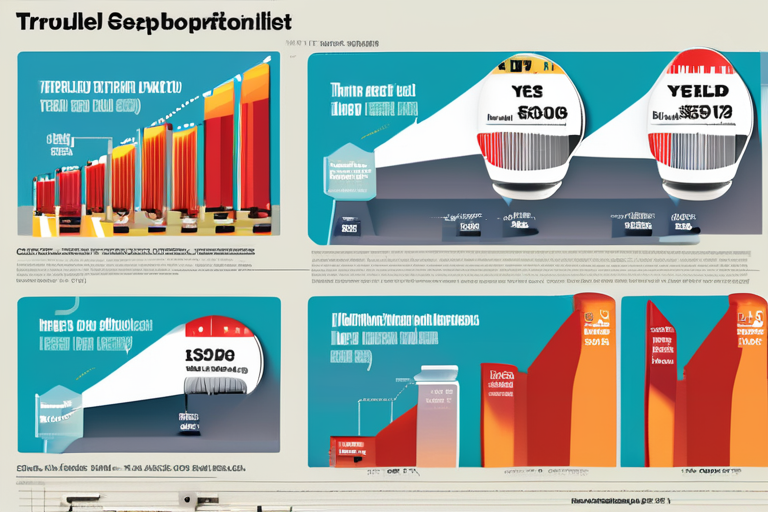


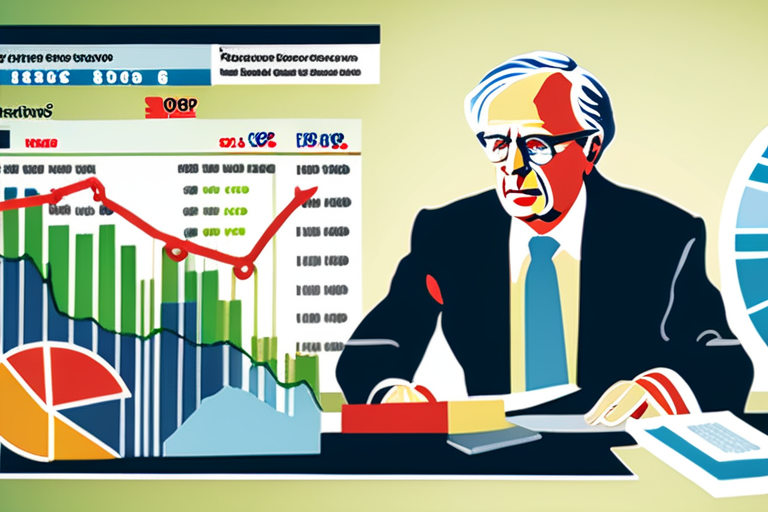
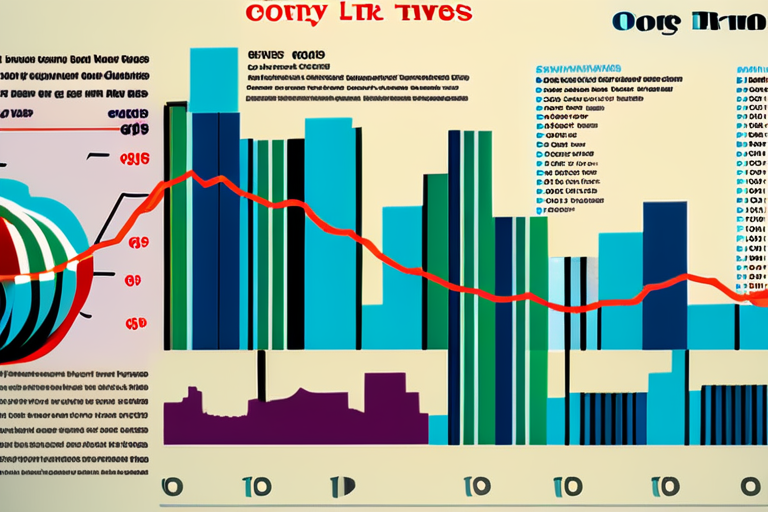




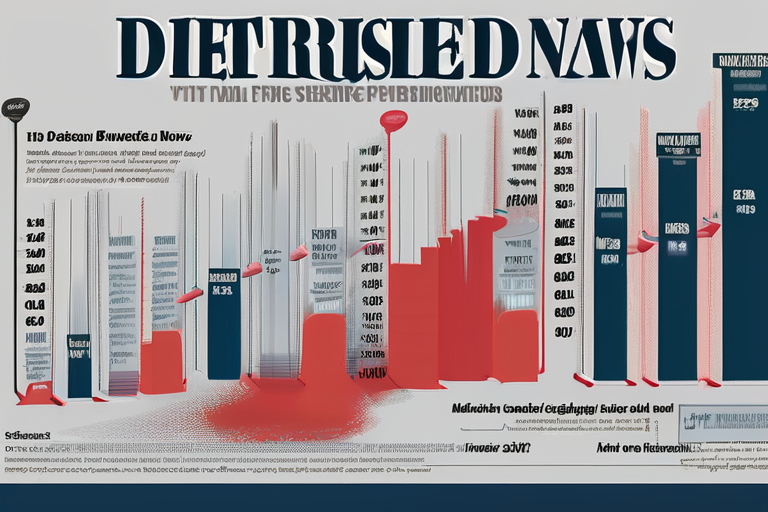







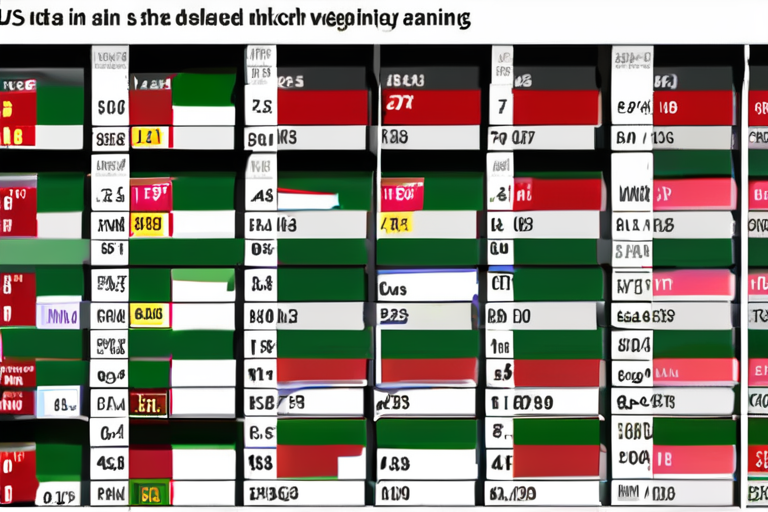




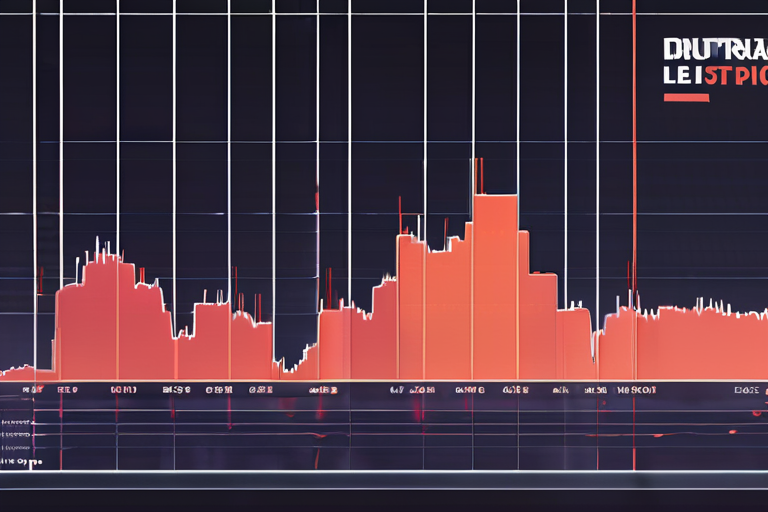

Share & Engage Share
Share this article